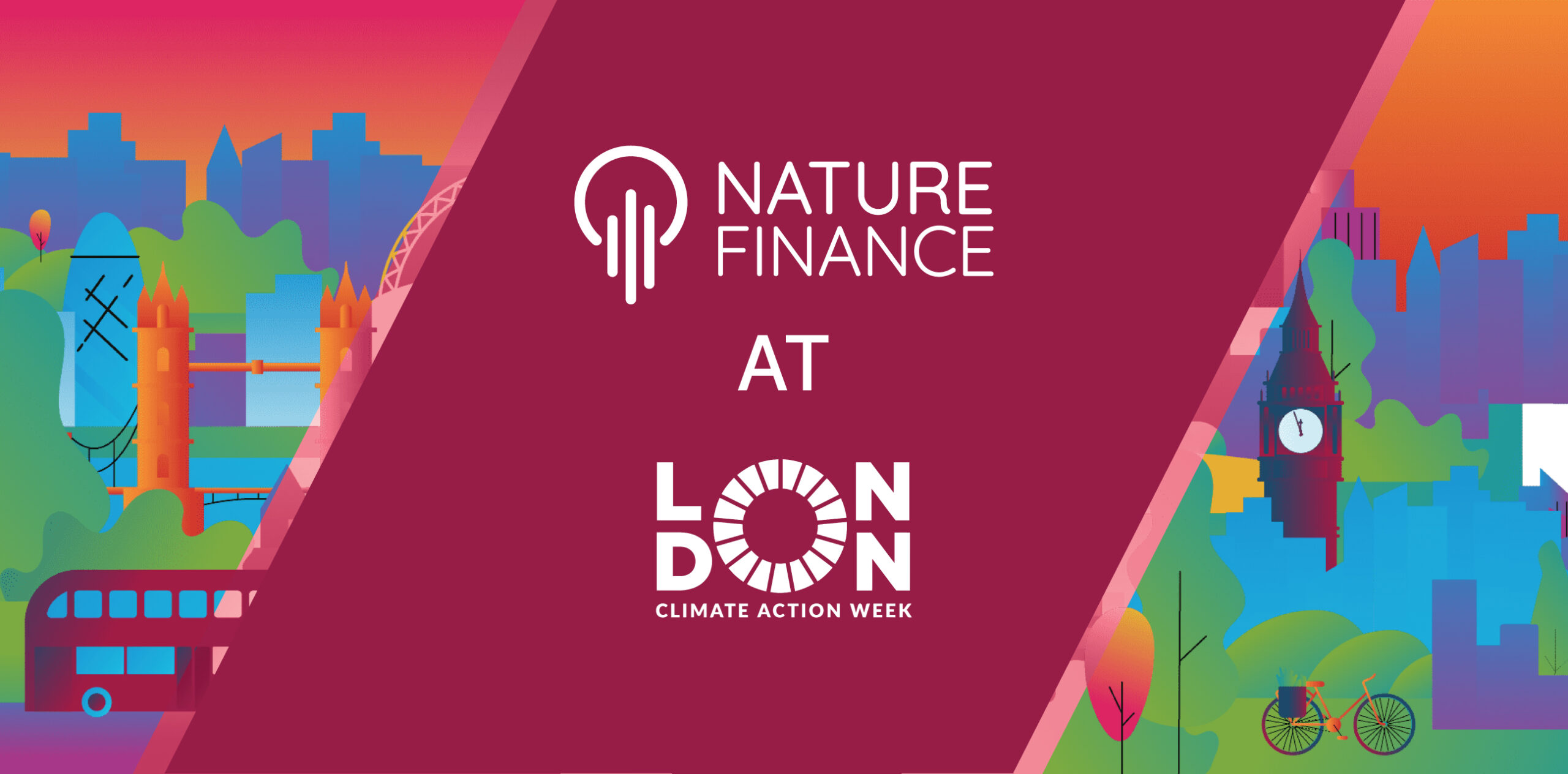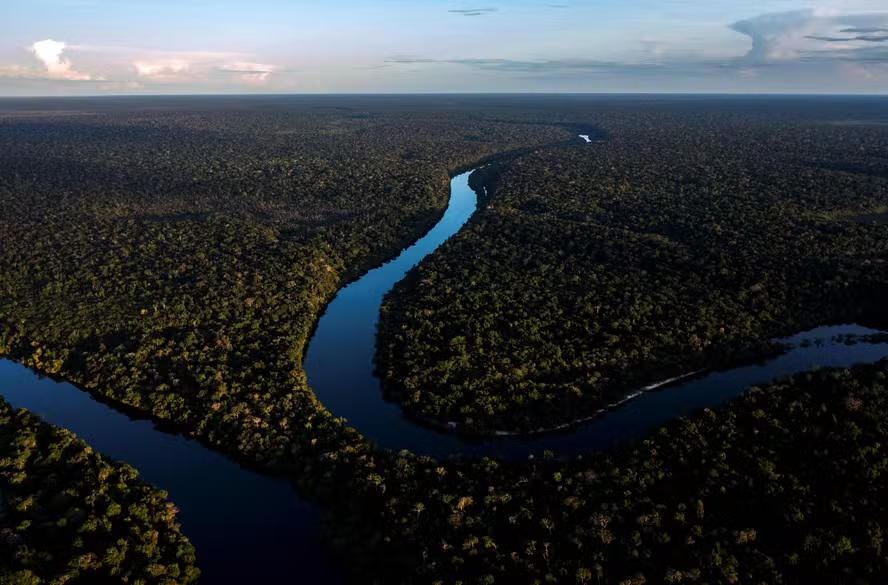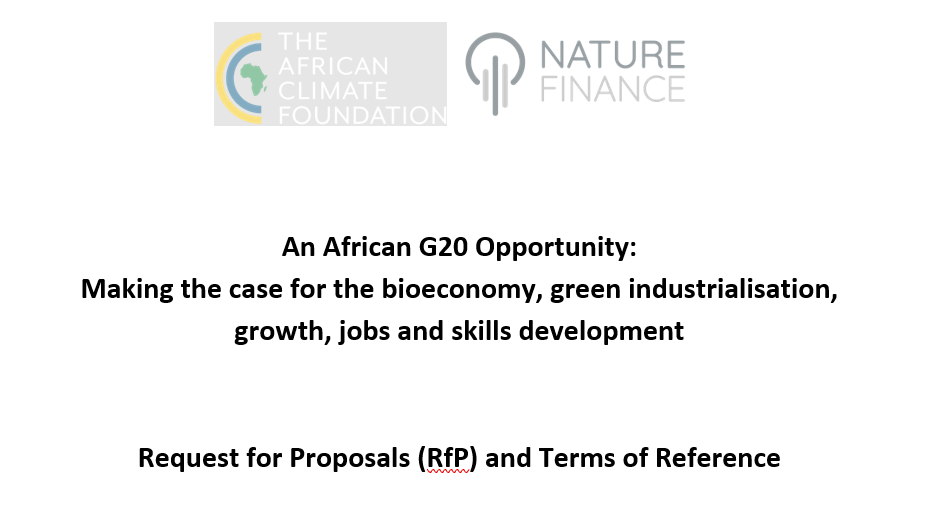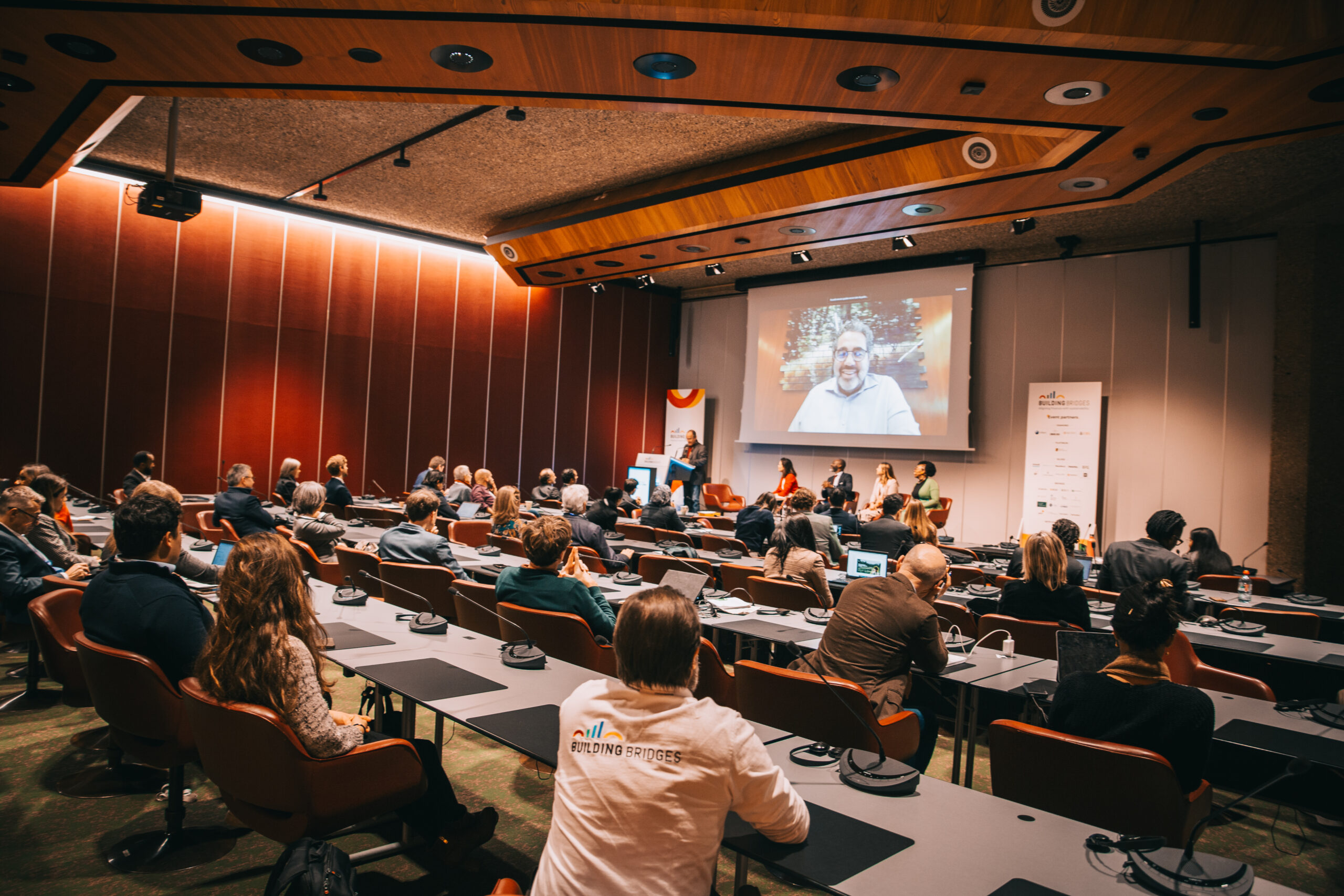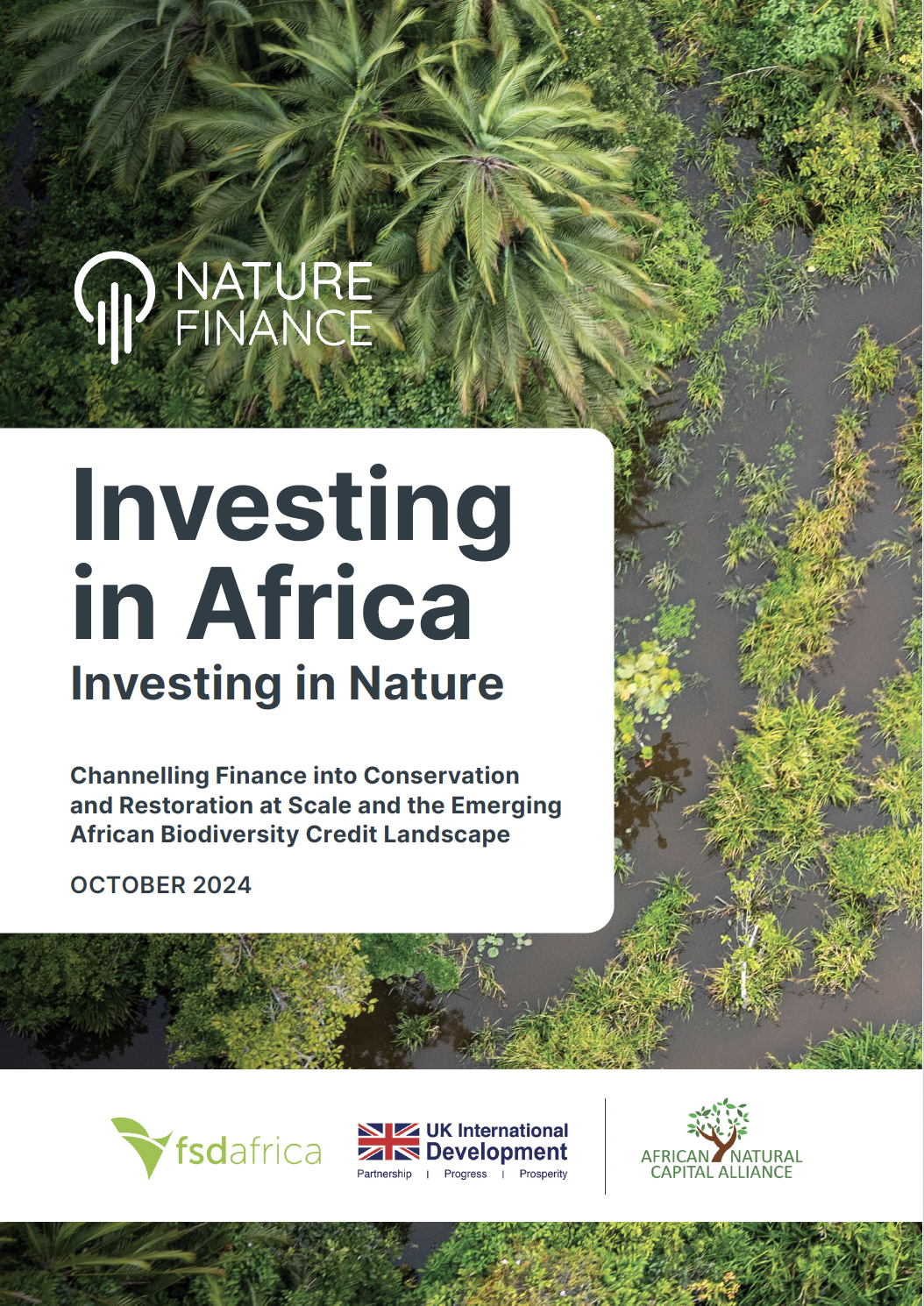The 7th edition of London Climate Action Week (LCAW) took place from 21 to 29 June. It convened 700+ events and over 45,000 people to discuss and shape the global conversation on the politics and practicalities of climate action, especially on the road to COP30.
At LCAW 2025, NatureFinance co-hosted and attended events that showcased new approaches to advance solutions for aligning global finance with nature, climate and people.
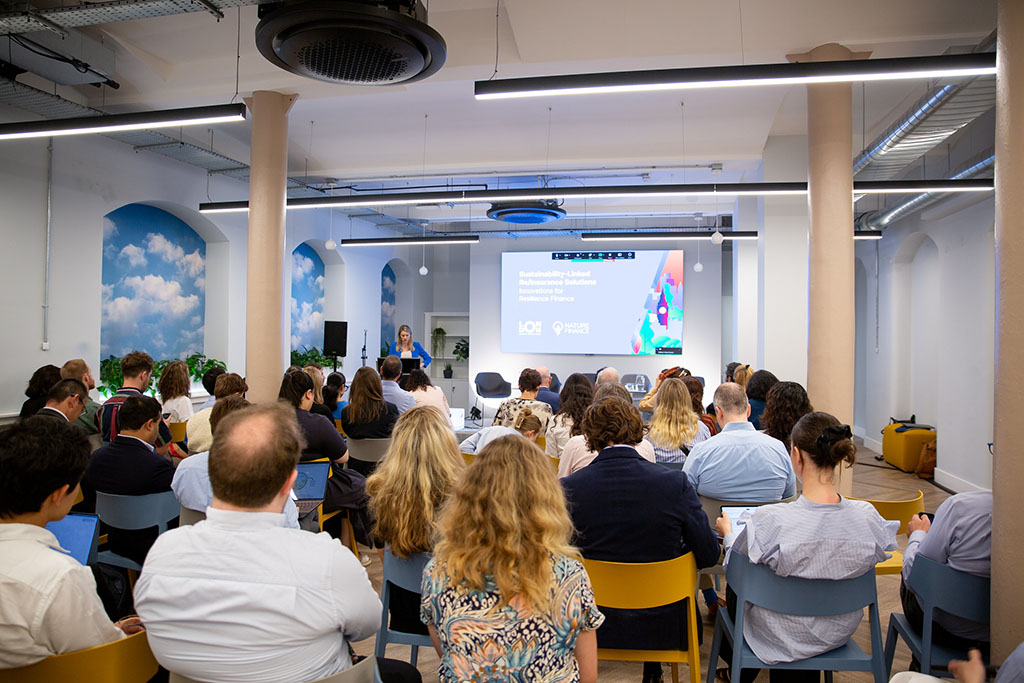
___________________________________________________________________
Key themes from throughout the week
1) Protecting nature is a resilience imperative
With the planet currently on track to reach 2.5°C – 3°C warming, low and middle-income countries are facing the brunt of climate and natural disasters. Discussions during the week emphasised the crucial role of innovative financing instruments to unlock new capital for mitigation, adaptation and resilience strategies. Protecting nature as a key aspect of national climate resilience planning was emphasised.
2) Innovative financing solutions can chart a new path forward
Those countries most at risk of climate-related disruptions are simultaneously experiencing a spiralling sovereign debt crisis. Speakers throughout the week highlighted the importance of scaling innovative financing approaches to unlock new sovereign financing solutions, such as sustainability-linked debt and insurance instruments.
3) Creating an enabling policy environment is crucial
Conversations stressed the importance of public-private collaboration to create an effective enabling policy environment that will incentivise finance for nature conservation and restoration.
___________________________________________________________________
EVENT 1 – From Risk to Resilience: Financing the Bioeconomy–Climate Transition
As the world faces intensifying climate and nature-related risks, this event at the Grantham Research Institute on Climate Change & the Environment, LSE, brought together experts from a range of fields to explore how strategic investment in a nature-positive bioeconomy can drive sustainable and inclusive benefits.
Key takeaways:
1) Nature and climate risks must be embedded in financial decision-making: Current economic models and fiscal planning often ignore the macro-critical role of nature, leading to distorted finance flows. Integrating ecosystem services and climate risks into credit ratings and sovereign debt frameworks can improve national creditworthiness and resilience.
2) Bioeconomy strategies must be locally adapted and inclusive: There is no one-size-fits-all approach to successful bioeconomy development. It requires region-specific solutions, recognition of local comparative advantages, and inclusive benefit-sharing to ensure that both large and small actors, including Small and Medium-sized Enterprises (SMEs) and local communities, can participate and thrive.
3) International collaboration and policy platforms are catalysts for progress: The embedding of bioeconomy in the G20 agenda and the launch of initiatives like the African Bioeconomy Finance Hub, as well as Brazil’s country platform, illustrate how international cooperation and coordinated policy frameworks are essential to scaling impact, sharing best practices, and mobilising global finance for nature-positive growth.
“We’re at the very early stages of an innovation curve in terms of the bioeconomy having its moment. But I think the G20 conversations are a hugely important example of that momentum starting to build.” – Julie McCarthy, NatureFinance.
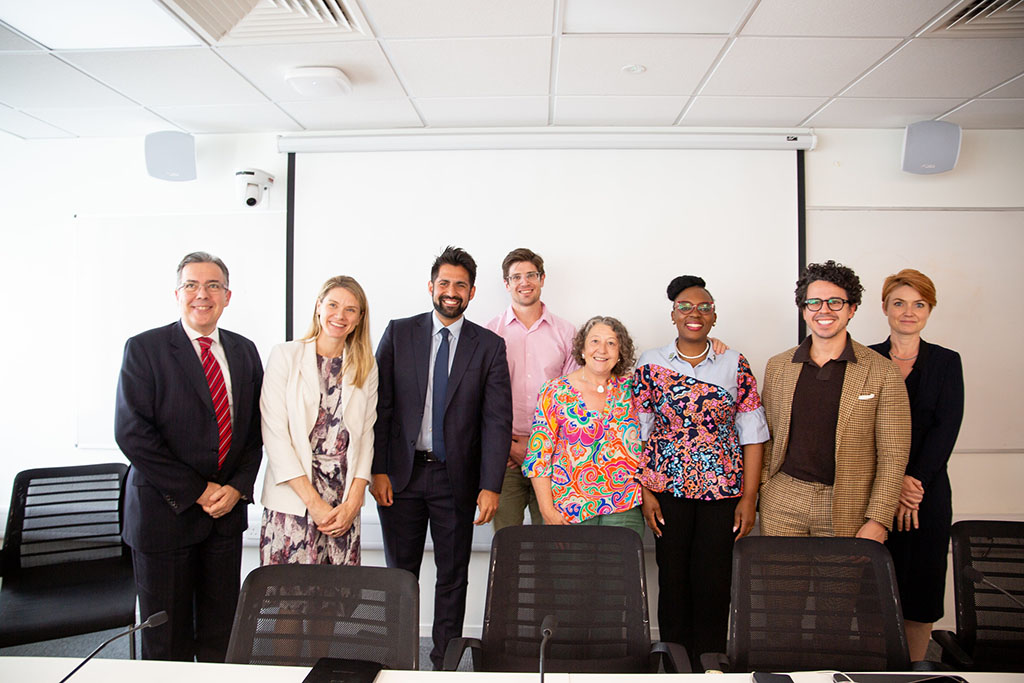
___________________________________________________________________
EVENT 2 – Sustainability-Linked Re/Insurance Solutions: Innovations for Resilience Finance
As climate risks intensify and insurance markets face mounting pressures, this event brought together leaders from finance, policy, and development to spotlight new approaches to lower premiums and make insurance more accessible.
Key takeaways:
1) Insurance and reinsurance can proactively drive risk reduction and climate adaptation: There has been a shift from insurance as a reactive risk transfer tool to a proactive partner in resilience. Risk modelling expertise can help create incentives for risk-reducing behaviours to make infrastructure more insurable and sustainable over the long term.
2) Scaling solutions demands coherence and collaboration
Closing the widening protection gap and mainstreaming sustainability-linked insurance solutions depends on robust data infrastructure, supportive regulatory frameworks, and engagement between governments, development banks, and the insurance industry.
3) Innovative insurance products are delivering real-world social impact:
New insurance solutions are moving beyond financial protection to actively advance social resilience, equity, and inclusion, empowering vulnerable groups, supporting livelihoods, and strengthening community adaptation in the face of escalating climate and nature risks.
“Insurance is now on the official action agenda for the world. Like many of us have been involved on the periphery for years now…. Insurance is not only in the room, it’s at the top table.” – Craig Pettengell, High-Level Climate Champions
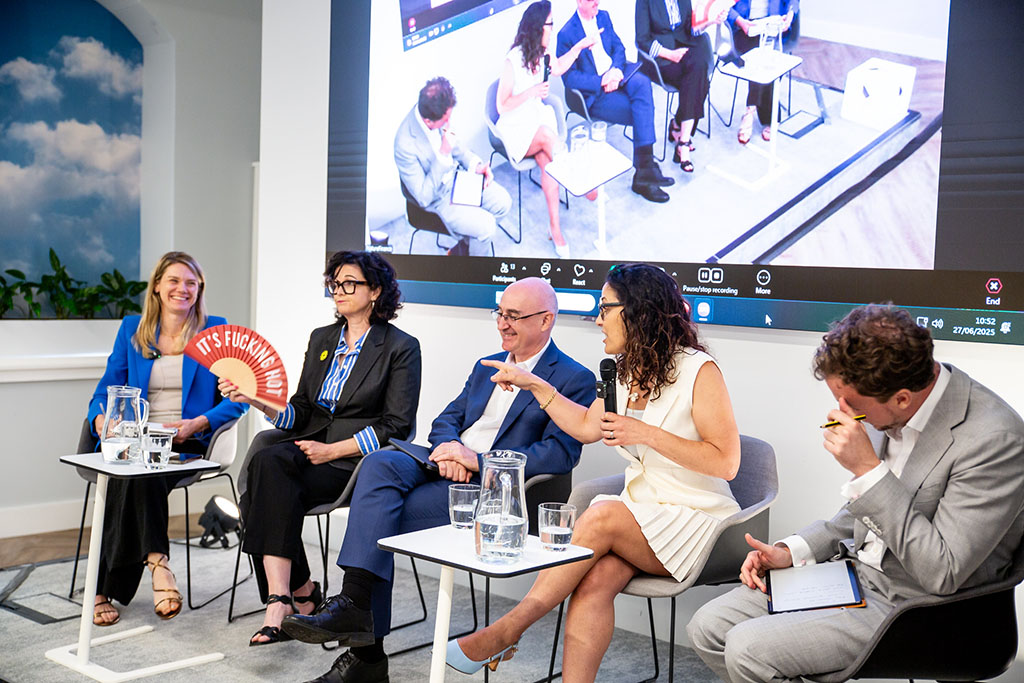
___________________________________________________________________
London Climate Action Week 2025: Other Moments
Aside from events we hosted and co-hosted, there were a number of insightful and important events at the nexus of finance and nature.
- The Nature Positive Initiative hosted a conversation with the authors of the new book, ‘Becoming Nature Positive’, which sets out the journey to secure a safe and just future for people and nature.
- We attended Reset Connect 2025, which united 7,500 sustainability professionals, 450 expert speakers and 250 solution providers at Excel London for a flagship sustainability ecosystem and green investment event.
- The Earthshot Prize and Bloomberg Philanthropies brought together the 2024 Earthshot Prize Finalists, business leaders, and climate investors to showcase their progress and discuss new strategies to accelerate action.
- The Climate Innovation Forum brought together over 2,000 experts from business and civil society to platform the leadership, solutions and collaborations needed to scale innovative climate action.
- Rights of Nature Symposium, brought together law firms and barristers working at the intersection of law and nature protection to discuss rulemaking around biocentric legislation.
- As an official hub of LCAW, the Conduit hosted panels, roundtables to find practical solutions to climate issues.
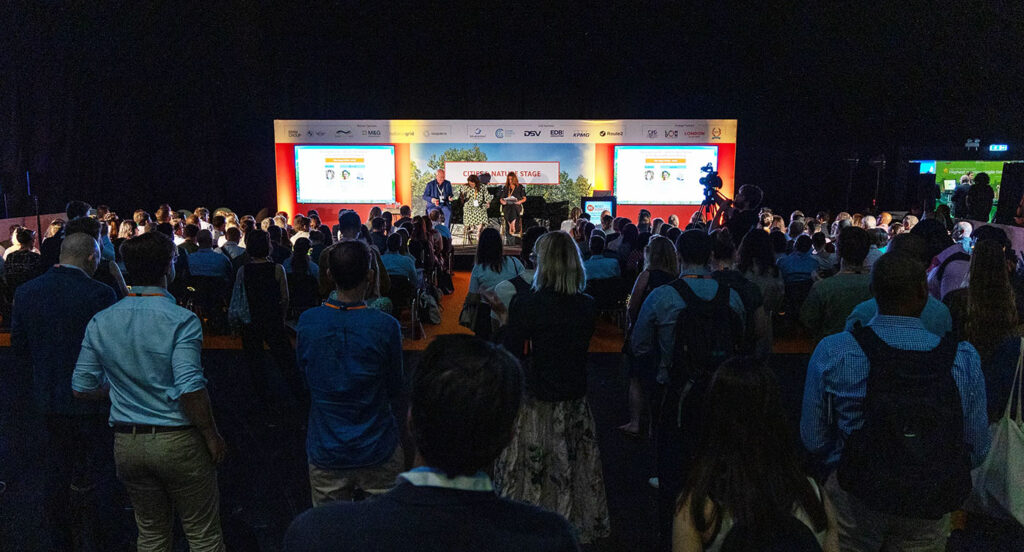
___________________________________________________________________
Looking Ahead: Beyond London Climate Action Week
At the close of the largest city-wide climate festival in Europe, it was clear that discussions and learnings from throughout the week had laid a strong foundation for future action. The urgency to transition to a more equitable and nature-positive global financial and economic system is well understood.
With Brazil’s work around advancing a sustainable bioeconomy during its G20 presidency being carried forward to South Africa’s presidency and Brazil’s leadership of the upcoming COP30, the importance of nature for climate action, resilience, and sustainable development will only continue to solidify.
We have planned an upcoming series of events, which aim to increase understanding, collaboration and action in the run-up to COP30 in Brazil. Follow us on Linkedin for updates.
___________________________________________________________________
All photos taken by Joanna O’Malley. For more information on NatureFinance at LCAW, please contact joanna.omalley@naturefinance.net
